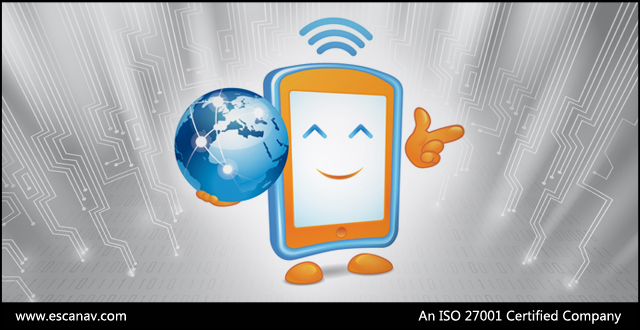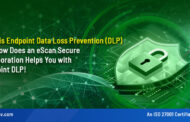It’s Safer Internet Day today. The day is celebrated every year on the second Tuesday of the month of February. Today we are getting swept away with the digitization wave, and it is very crucial for us to stay alert in our every online activity. The rise of hacking incidents, ransomware attacks, debit/ credit card frauds, ATM frauds, phishing attacks are forcing us to remain over-cautious on our activities. One wrong/ careless step can lead to huge irrevocable losses.
eScan recapitulates some basic tips for their users to hammer a reminder while going online:
Keep public Wi-Fi at bay: Never resort to financial transactions from public Wi-Fi or cyber café or even a shared computer. Always go for home computer with adequate firewalls and anti-virus software installed. Always keep your computers updated with operating systems and security patches.
Be careful about the passwords: While choosing the password for your financial transactions, never use a simple password with your name/ surname/ birthday/ address/ mobile number in it. Always keep it unique with a combination of alphabets, numerical numbers, special characters etc. In addition, it is wise to keep separate passwords for all your separate accounts. Same passwords for banking logins, emails, and social media can be dangerous.
Never share your password: Passwords are the keys for accessing your privacy. It is advisable not to share your password on social media, or even send it via email, WhatsApp, SMS etc. It can be misused without your knowledge.
Ignore emails from unknown senders: Always stay away from emails asking for confidential banking details, personal identity numbers etc. Moreover, there might be links to those emails asking to click and get attractive gifts. These are ideally phishing emails trying to access your system details stealthily.
Check for SSL link always: Always check for SSL (Secure Socket Layer)/ https security on login page of bank’s website. The ‘s’ after ‘http’ denotes that the site is safe. Similarly, look for the signs even on online shopping sites which are identity verified and SSL secured to protect your card number and personal information. In addition, look for a padlock icon somewhere on the browser window.
Peruse your bank statement regularly: It is very important to keep an eye on your bank statements regularly. If there is any discrepancy in any of the transactions, the bank should be reported immediately and look for necessary prompt actions. Thus, there is no other alternative other than staying alert always.







